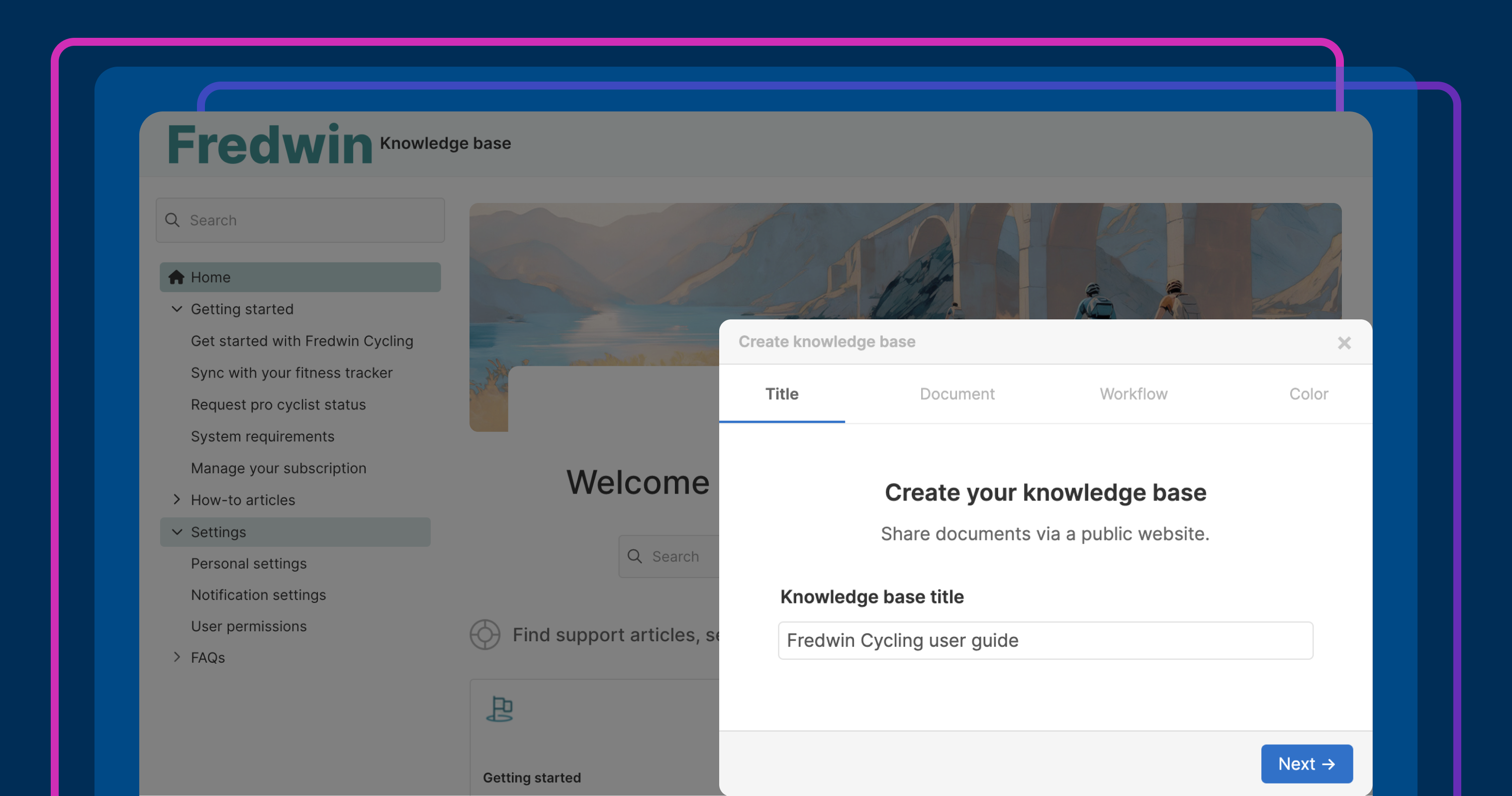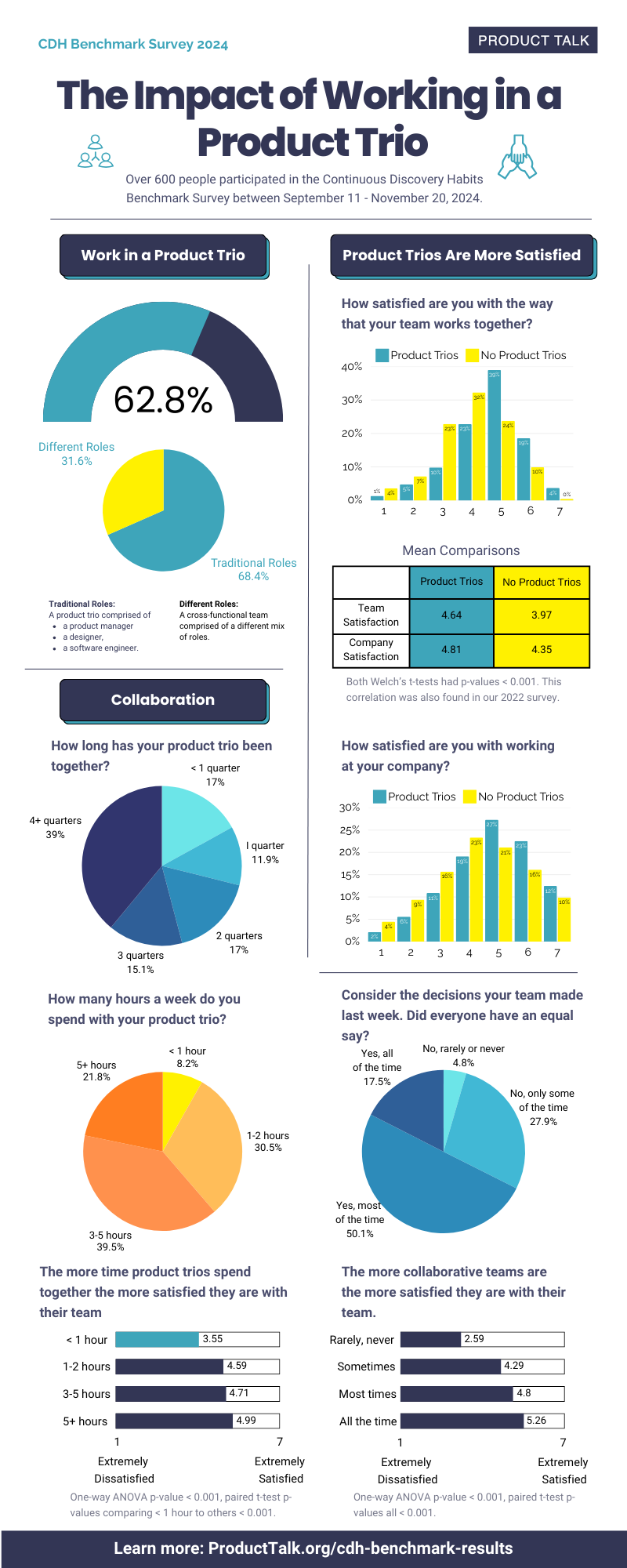an inappropriate song in children’s theater, coworker won’t stop insisting everything is fine, and more
This post was written by Alison Green and published on Ask a Manager. It’s five answers to five questions. Here we go… 1. Should I speak up about an inappropriate song in children’s theater? I’m a volunteer in a community theater production for young children between five and seven years old. Our current show involves a dance number that takes place in ancient Egypt, and there’s a recent […]

This post was written by Alison Green and published on Ask a Manager.
It’s five answers to five questions. Here we go…
1. Should I speak up about an inappropriate song in children’s theater?
I’m a volunteer in a community theater production for young children between five and seven years old. Our current show involves a dance number that takes place in ancient Egypt, and there’s a recent change to the production that I feel uncomfortable with. The children were originally dancing to “Walk Like an Egyptian” by the Bangles, but then the coordinator changed it by “popular demand” to a different song called “Camel by Camel.” This decision on its own seems innocuous albeit strange. The song itself is alright, but I unfortunately know some outside context that gives me pause.
There’s a famous meme of a video game character dancing to this song. The video is explicitly pornographic, which was an important part of the appeal. Although there are family-friendly versions of the meme, the adult aspect is always associated with it, and this song is now associated with that adult aspect by proxy.
Something that eventually became part of the joke was that unsuspecting people (such as your grandma on Facebook) would share more appropriate parts of the meme saying, “Look at this adorable Egyptian cat I found!” And then all the grandkids would exchange glances wondering whether someone should break the news. This is what’s raising my eyebrows in particular, because I feel like if someone is making these kids dance to the song because of THAT, it’s a step too far, even if the children are completely unaware. The way the children are dancing is not the same suggestive way the character dances, although there is still clapping and hip-moving to the music.
The coordinator is a kindergarten teacher in her 50s, and I don’t think she’s aware of the context behind the song. It perhaps wouldn’t bother me if she had chosen it herself, but I don’t know what she meant by “popular demand.” The other volunteers are all either high school or college-aged, which makes me concerned if one of them suggested it.
Additionally, the parents in the audience will be Millennials and older Zoomers, who are more likely to know the meme. The last thing we need are complaints from parents because their five-year-old is dancing to THAT SONG.
Is there a professional way to broach this topic to an innocent old lady? Is there a way to ask how the decision to change the song came about? What if one of the other volunteers suggested it as an inside joke to make children dance to a porn song? Or am I perhaps making a problem out of nothing and should just keep it to myself?
Yes, speak up! If there’s a likelihood that some parents in the audience are going to know the meme and be upset, it’s far better for the teacher to hear that now than to be blindsided when parents are angry.
Just be straightforward! “I’m guessing you’re not aware of this, but using that song might seem wrong to some parents — it’s part of a very adult-oriented internet meme, and that’s a lot of people’s first association with the song. Enough people know about it that we risk complaints and I didn’t want you to be blindsided if that happens.” (Note that this language doesn’t get into trying to sort out who first suggested the song, since ultimately that’s not yours to sort out; you’re just alerting her that there is in fact an issue with it.)
Also, um, women in our fifties are not “innocent old ladies,” WTF. If she can’t handle this news, it’s not because of her age. (Although it does remind me of this.)
2. We’re feds with a coworker who won’t stop insisting everything is fine
I’m a fed. My office of less than 20 people has a director (who took the fork in the road deal), a deputy (who lives several states away from the rest of us), and two team managers, Arwen and Fergus. Fergus suffered an unimaginable personal tragedy less than six months ago. We all think this is why he can’t handle what’s happening now. (He may have also voted for this, so there’s that.) He’s constantly telling us that we’re blowing things out of proportion when we raise concerns about losing our jobs or other things that are happening. My manager, Arwen, has talked to him on more than one occasion, but he just doesn’t get it. Listening to him go on and on (unprompted!) about how we’re all going to keep our jobs and we have nothing to worry about makes us more anxious!
We’ll all be back in the office soon, and avoiding him is going to be harder. Arwen is my direct manager, so I’m shielded a little bit, but our teams are small and most of us do work for both teams. The deputy is not very hands-on about this stuff and will not be physically in our office. Is there any way to get through to him? Is there any way I can politely get out of conversations with him? We’re all at a loss.
Your manager, Arwen, is the one best positioned to handle this, and since she’s done it in the past, you have evidence that she shares your concern about it and is willing to address it — so you should go back to her and let her know that it’s still happening and it’s incredibly demoralizing at an already stressful time, and ask if she can tell him that he needs to cut it out for everyone’s mental health and ability to focus on their jobs.
That said, what would happen if you also addressed it in the moment when it’s happening? “It’s hard to navigate this with you denying it’s happening. If you’re not concerned about it yourself, please respect that the rest of us are” would be a reasonable thing to say.
Of course, it’s also true that if the rest of you are talking about it, Fergus is entitled to share his perspective, and so it likely makes sense to avoid raising it around him at all, to the extent that you can. But given that it’s affecting actual work, your ability to plan, etc., you presumably can’t avoid the topic with him entirely and you need him to be able to engage with reality for those conversations — and plus you said he’s doing this unprompted too.
Related:
I manage an employee who pushes too much positivity on her team
3. Who pays for coffee in informal business meetings?
Relatively minor question, but who pays for coffee in informal business meetings? Is it who is more senior, who makes more money, or who asked for the coffee?
The context is that it is common in my profession to work for a couple years and then go get your PhD. That is what I did, and I am currently in a well-regarded PhD program. Some people from my former organization have since gotten into the program and want to talk to me about my experience. So I’m technically more senior, but they asked for the coffee, and we both know that they make significantly more money than me. I’ve just been paying for myself, but am I committing a faux pas? Also, I don’t know if gender dynamics come into play at all.
The etiquette is that the person who asked for the coffee is supposed to pay for both of you; you are taking your time to do them a favor (letting them pick your brain) and so they cover your drink. That said, in situations where the person asking is, say, a 20-year-old college student, you might still cover it anyway because you more senior and clearly better paid. But they should come prepared to pay, and they should proceed as if they are paying until and unless you announce that you’re covering it. You don’t have that factor in your mix, though, so it’s just the standard rule — the person who invites the other and is requesting the favor pays.
You’re not committing a faux pas by paying for yourself, but it’s also fine to let them get it.
Gender doesn’t come into it at all.
Related:
who should pay at a networking coffee or lunch?
4. How can I keep track of what I’ll want to remember for future reference checks?
I manage three to six interns a year, which became part of my job about a year ago after having managed intermittently before then. So far, it’s been very easy to keep track of them; a potential employer for my first intern here just asked me for a call, and I feel confident that I remember enough about that intern’s strengths, weaknesses, etc. to give her a useful reference. But as a person with a fairly average memory and a lot on my plate in addition to one or two interns a semester, I imagine that it’s eventually going to get hard! What if she stays at that job for a few years and needs a reference after that, because I’ll still be one of her most recent bosses other than the one at her current job? That’s about 10 to 15 former interns at a time whom I might feasibly serve as a reference for and need to remember reasonably well!
I’d love to hear about common strategies people use to keep track of past interns, or past short-term employees more generally. Should I just write down everything I think I would want to say in a reference call around the end of an internship? Maybe I’ve answered my own question there, but I still think learning about how others do it would help me — my predecessor here had an obnoxiously good memory, so his “system” was just to remember everyone in detail.
I have an answer to this that kills two birds with one stone. (What a horrid expression, can we please come up with a better one? I went looking and saw someone suggest “feed two birds with one scone,” which I enjoy.)
At the end of each person’s internship, ideally you’d give them some feedback on how things went. As part of that, jot down some notes for yourself about what you saw as their strengths, areas where they should work on improving, feedback on big projects, etc. Meet with them as their internship is ending and talk through that feedback! That’s a big benefit to them; it’s the sort of feedback you should be providing anyway, and summing it all up can help them synthesize useful takeaways from the experience (and so often at that stage, they’re just figuring out what they’re all about as professionals and what they’re good at, so having someone talk it through with them can be hugely helpful). And then save those notes, because those will jog your memory when you’re asked to give them a reference later on.
Two birds, one scone!
5. Employee keeps working unpaid overtime and lies about it
A manager position below me is currently vacant, and so the team that person would normally manage doesn’t have a manager right now. We have a supervisor from a different team floating around occasionally for general supervision in their area.
I saw one of the employees on that team, Pam, working several hours past her normal finish time. (She is paid hourly.) As with previous occasions when she did this, I told her to stop working and go home. She insisted she had clocked out already and was simply staying behind to “help out” and didn’t want to be paid past her normal hours.
Since this wasn’t the first time we had this exact conversation, I called her aside for a meeting the next day. I explained she wasn’t allowed to work extra hours for free. Bizarrely, she flatly denied this ever happened. She claimed she properly reported and was paid for all overtime.
When I mentioned prior examples that proved otherwise, she gave nonsensical excuses for each occasion. This wasn’t an “oh, I see where you might have misunderstood” situation. She outright lied. As an example, she said the unpaid overtime she did a couple of weeks ago was because the roster was printed incorrectly and that she emailed payroll about it already and payroll responded. This … just didn’t happen. Both the alleged incorrect printing and the email with payroll. Also, she knows how to put through changes on the time sheet, and it is never, ever done by email.
I’m at a loss. We have dealt with employees faking time sheets by adding hours they never worked. We never had anyone illicitly trying to perform free labor. If this happens again, how should we deal with Pam?
You’ve got two big problems here (and sadly, no scone): first, Pam is exposing your company to legal liability if you don’t pay her for all the hours she works, whether she reports them or not. Second, Pam apparently tells bizarrely flagrant lies.
At a minimum, you should tell Pam that working unreported hours is a fireable offense, that this is her final warning, and that if it happens again you will need to let her go. That part is simple. But beyond that, I’d start poking around in Pam’s work more deeply, because the lying is weird enough that it’s very, very likely that there are other significant problems in her work that you’ll uncover if you start looking for them. Every time I’ve seen someone lie in this way, it’s been the tip of the iceberg.



























































































![Building A Digital PR Strategy: 10 Essential Steps for Beginners [With Examples]](https://buzzsumo.com/wp-content/uploads/2023/09/Building-A-Digital-PR-Strategy-10-Essential-Steps-for-Beginners-With-Examples-bblog-masthead.jpg)



![How One Brand Solved the Marketing Attribution Puzzle [Video]](https://contentmarketinginstitute.com/wp-content/uploads/2025/03/marketing-attribution-model-600x338.png?#)





![How to Use GA4 to Track Social Media Traffic: 6 Questions, Answers and Insights [VIDEO]](https://www.orbitmedia.com/wp-content/uploads/2023/06/ab-testing.png)








![[Hybrid] Graphic Designer in Malaysia](https://a5.behance.net/920d3ca46151f30e69b60159b53d15e34fb20338/img/site/generic-share.png)




















